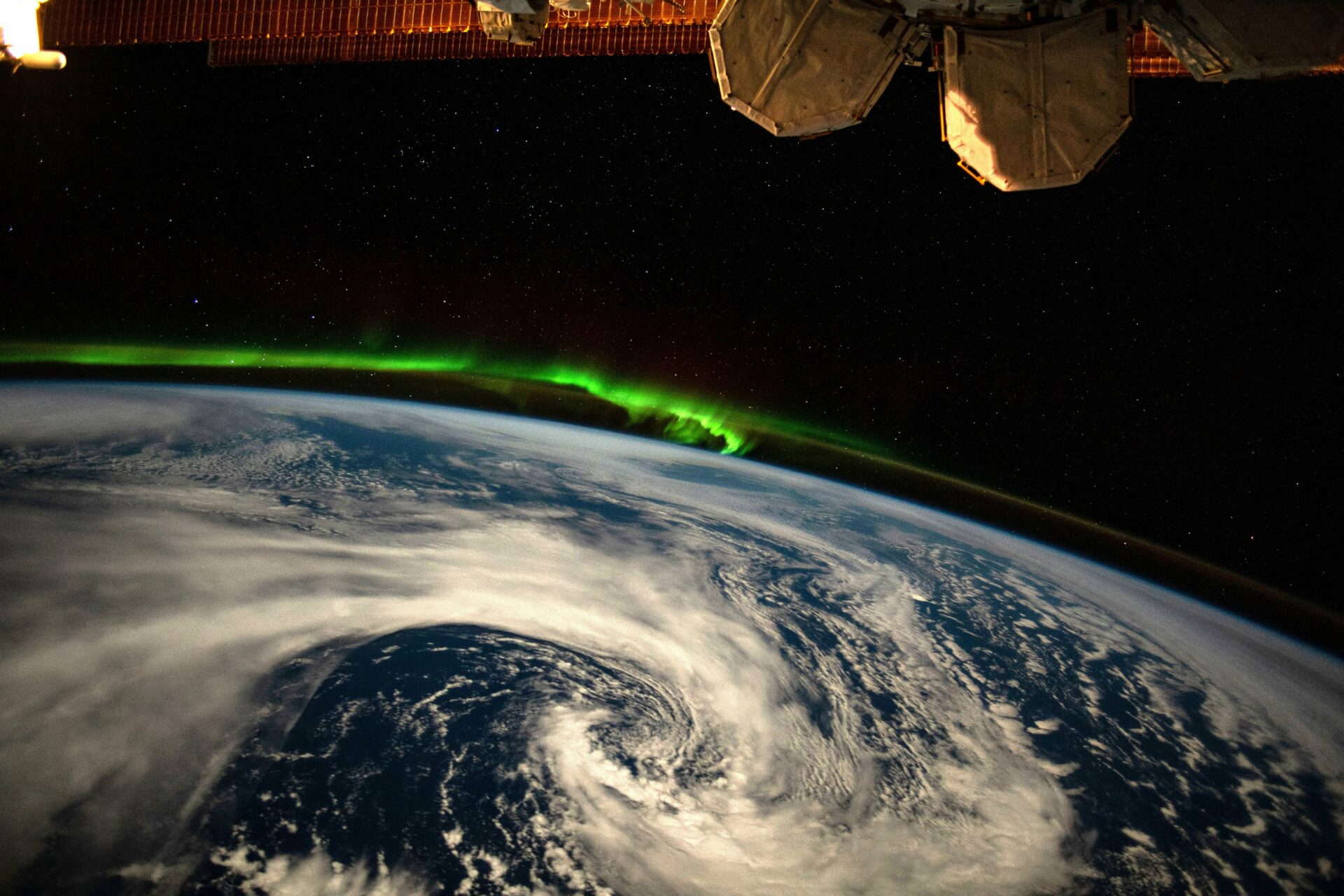Italian astronaut Samantha Cristoforetti has published an amazing image of the Earth that she recently took from the International Space Station (ISS). This photo is very different from many others taken from the Cupola panoramic observatory on board the space station. While most of the photos were taken during the day, Cristoforetti photographed the Earth illuminated by moonlight.

The picture was received on August 16. Samantha Cristoforetti, who arrived at the ISS in April as part of Crew-4 for a six-month stay in orbit, shared a beautiful image with her millions of Twitter followers. In the astronaut’s space photo, you can also see the aurora borealis, a dramatic swirl of clouds somewhere far below, countless stars in the black sky and even part of the space station.
“On bright nights, thanks to the full moon, you can see details on the surface of the planet. With Cupola, the world opens “upside down”. Flying above the clouds, you feel as if you are looking at the sky from the Earth. It’s like contemplating clouds and contemplating stars at the same time!” she wrote in her message. Cristoforetti’s post was accompanied by a tweet from space enthusiast Huub Eggen, who returned the photo to show the Earth from a more familiar and convenient angle for contemplators.
In those bright nights around the full Moon you can see features on the planet surface even at night. From the Cupola the view is “upside down” – flying above clouds feels like looking up at the sky from Earth. Cloud gazing and stargazing at the same time! https://t.co/NyB2TQ7oIu pic.twitter.com/i7eXdO4RtE
— Samantha Cristoforetti (@AstroSamantha) August 16, 2022
The space station moves around the Earth at a speed of 25 thousand km/h, orbiting approximately every 90 minutes. This means that an astronaut watches 16 sunrises and sunsets per day. Although the full moon only happens once a month, so few night landscapes are as wonderful as this one.
Earlier, the astronaut shared amazing videos of what “white nights” look like from the ISS.
Follow us on Twitter to get the most interesting space news in time
https://twitter.com/ust_magazine

